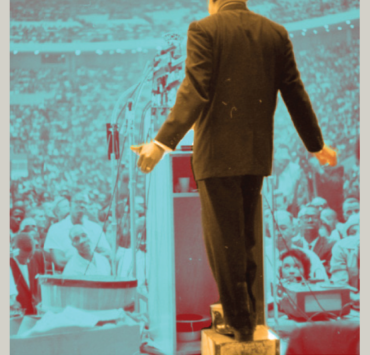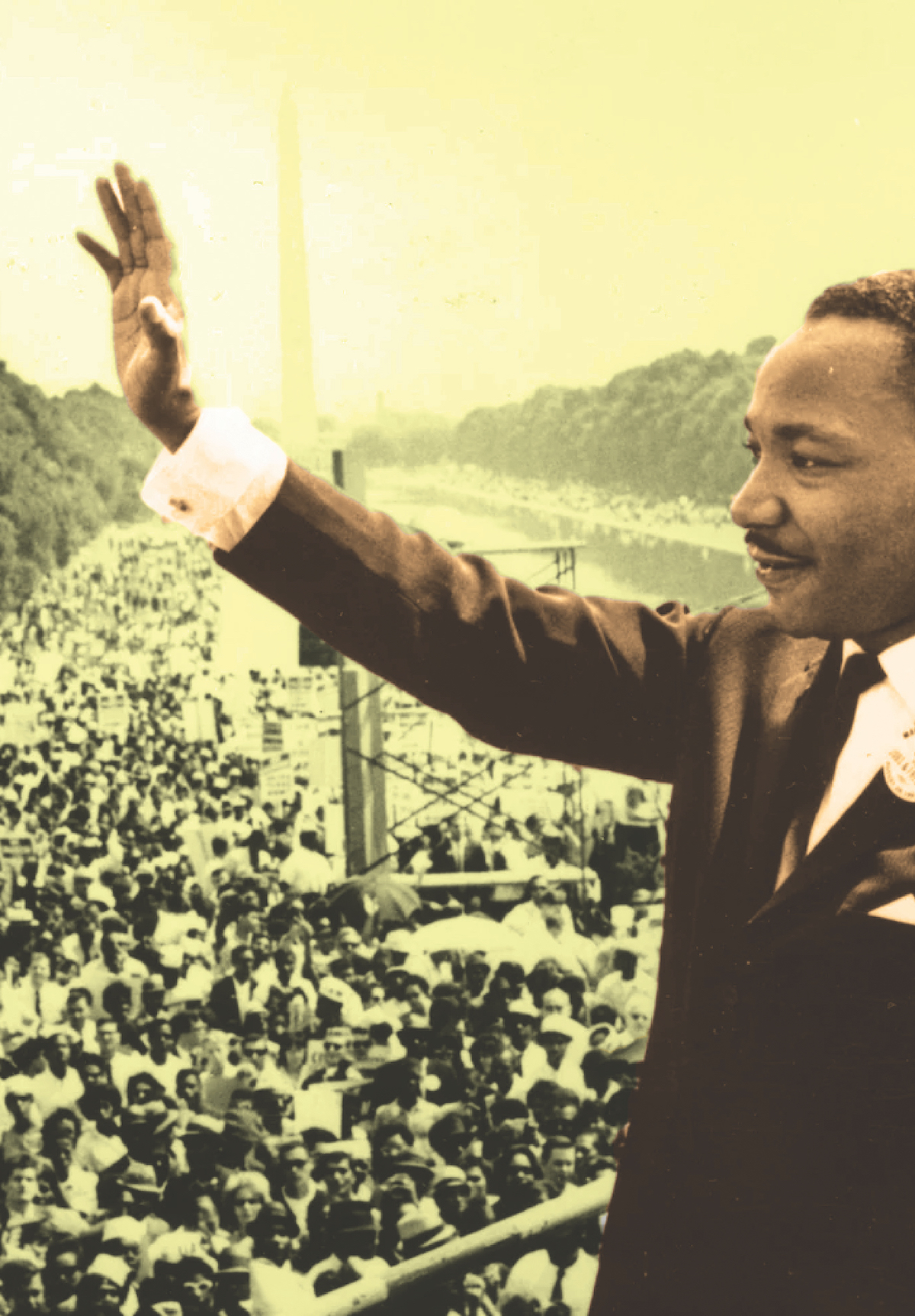
LOCAL & STATE
Tulsans Voice different perspectives
Gary Lee
Featured Image. Provided
Almost six decades after Martin Luther King Jr.’s passing, his legacy and teachings remain with us. At times we feel that his presence – strong will, determined gaze and all – marching alongside us. Among MLK’s many talents, the most memorable is surely his gift of leadership. He had a way of mobilizing our diverse and often fractured community and guiding us to act in the interests of social justice, civil rights, and political prudence. He might be absent in the person, but we continue to feel his guiding hand and hear his sonorous voice urging us to pull together in our communities to do what is right and to act expeditiously.
Nowhere is MLK’s light needed more than in Tulsa. We are navigating turbulent times in the city’s Black and BIPOC communities – and nationwide. Issues of social justice, economics, and politics divide us, at times requiring us to check our collective moral compasses for guidance. These are times in which it seems prudent to ask ourselves how MLK would advise us to address the contemporary challenges.
The question is so pressing and cogent that The Oklahoma Eagle decided to take it to our Tulsa village. And so we asked different members of the Tulsa community how they felt King would tackle today’s dilemmas. We thought it was crucial to hear the thoughts of a diverse spectrum. Naturally, the voices of our faith leaders are important. We reached out to several church leaders. We received a response from Bishop Melvin Cooper at World Won for Christ Life Ministries. We also obtained a a testimonial from Rev. Carmen White Janak, CEO of InnerView Consulting Group. Janak is an ordained minister and spiritual advisor to various churches. The views of a younger generations are crucial on these issues. Two Kipp University Prep school students, Kallie Durham and Khalead Marzett, shared their perspectives. The reflections of teachers are also vital. Cory Young, a teacher of journalism and photography at Kipp University Prep School, also provided his views. The voices of community advocates are also crucial. We received poignant thoughts from Premadonna Braddick, executive director at Soaring Eagles Youth and Family Services, and a therapist for marriages, families, and mental health based in north Tulsa.
Finally, Tulsa County Sheriff Vic Regalado also offered his perspective. The statements of this sampling of Tulsa community members follows.
Beyond canvassing our immediate village, The Oklahoma Eagle felt that having a perspective of a non-Tulsan on the question of what MLK would do was key. We found a strong leader of faith – and in the corporate world in Rev. Kevin Taylor. An activist for social justice and corporate executive, Taylor is a pastor at Israel AME church in Albany, New York. Taylor is also authoring a book on what C-Suite executives can learn from the church and what the church can teach corporate leaders. His opinion editorial rounds out our MLK package.
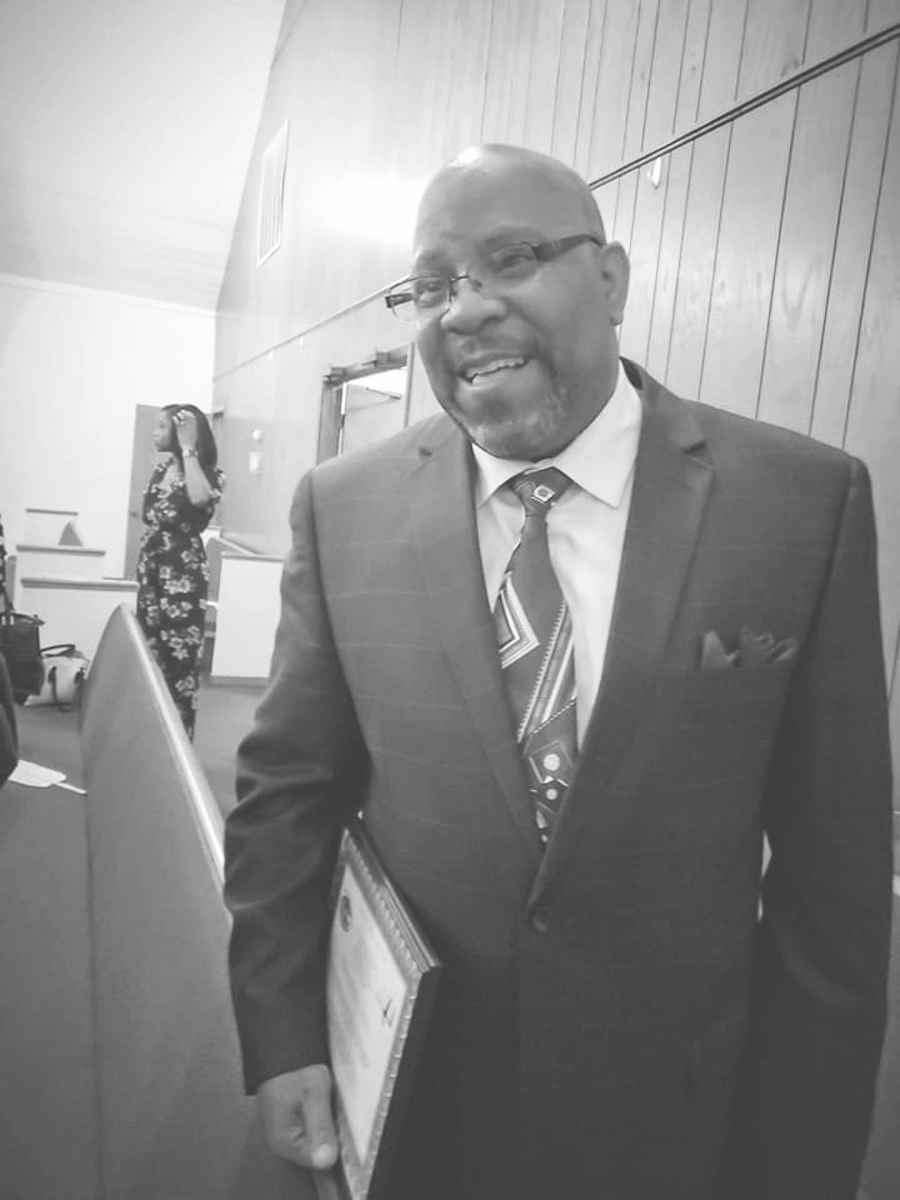
King was a genius at unifying us
Bishop Melvin Cooper, World Won for Christ Life Ministries
First, it’s important to note that we have not taken advantage of some of the opportunities that Martin Luther King Jr. opened the way for. A good example is voting rights. These days if people vote at all they exercise selective voting. They show up to vote for the people they want to vote for. There is little understanding of how crucial it is to use your right to vote all the time. King would certainly want the community to grasp that better.
In some cases, because we have not taken advantage of the opportunities that King helped bring about, we have lost them. I am thinking of rights like affirmative action. King would lament those losses.
King was a genius at unifying us, at helping us get focused and stay focused. I think the main thing he would do today is rally us to concertante on subjects like the suppression of the Black vote and the teaching of our history among other challenges.
I believe he would encourage us to use all available tools – such as social media – to push for a right path in these causes.
Above all, King would lead us to put the emphasis back on unity. One place he would want to encourage more unity is among churches. He would also want to have more togetherness in our communities.
In King’s absence, we’re capable of unifying. It’s going to take a lot. It has to start with community leaders coming together and putting their differences aside. That’s a first step. We can get there but we have to do better about working together.
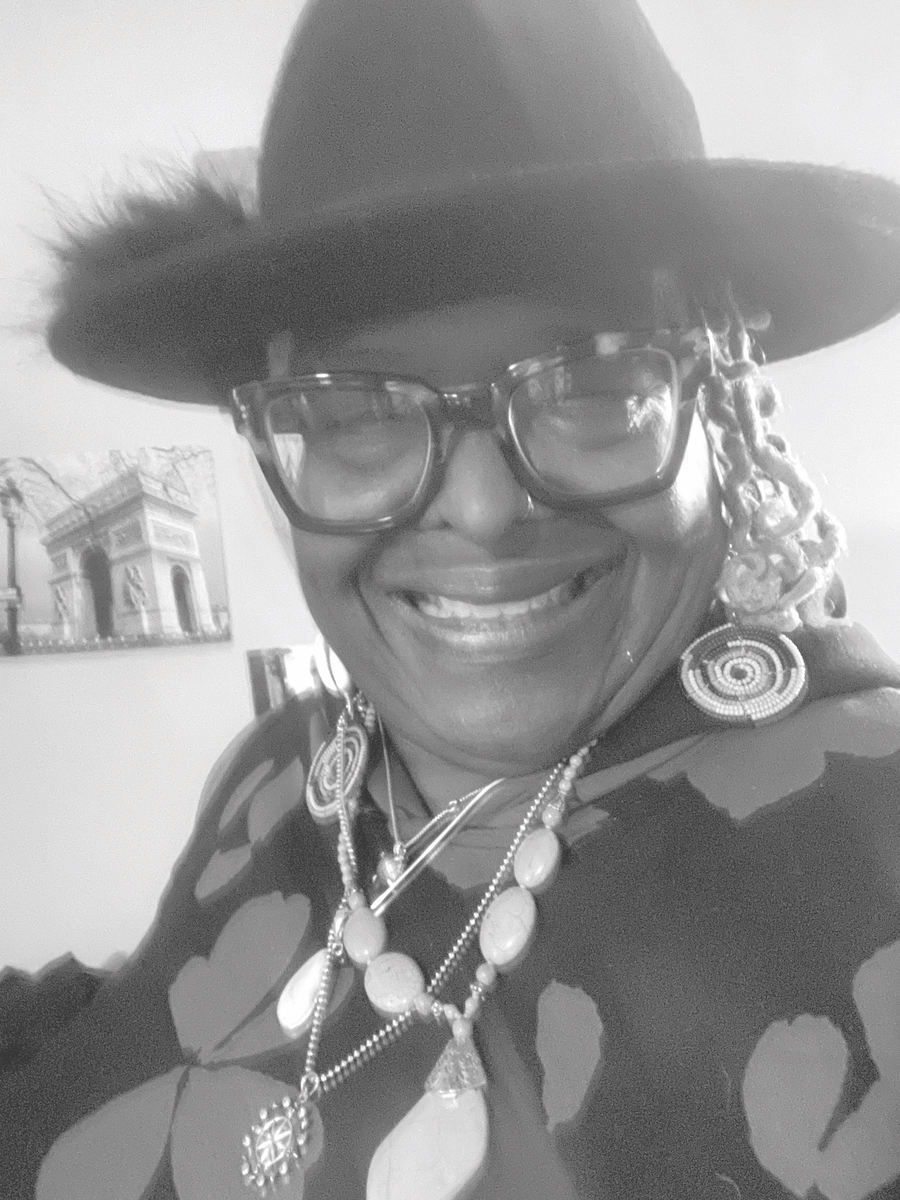
Speaking truth to power
Rev. Carmen White Janak, CEO InnerView Consulting Group
Dr. Martin Luther King Jr. was a far more different man in 1967 speaking at Riverside Church in New York City for the Clergy and Laymen Concerned about Vietnam than he was when he borrowed the words of Rev. Dr. Prathia Hall for his famous, “I Have a Dream” speech during The March on Washington. Dr. King before his murder in Memphis re-emphasized these words, “a time comes when silence is betrayal.”
I believe his mandate for us today would be to speak truth to power. Speaking truth to power requires courage over comfort. It will not be comfortable. It will cost us to speak loudly concerning the enormity of our community disparities that have often remained unheard. Speaking truth to power requires us to move as a Collective Conscious eradicating the innumerable inequities within systems that do not favor every member of our community, such as Black maternal health, food deserts, or education.
We must challenge policies that are egregious and further mask harmful systemic issues. I believe King would still want us to “lift every voice” by curating actions that make “The Beloved Community” a reality and not only a dream.
Speaking truth to power requires that as The Collective we won’t be silent anymore. We must speak.
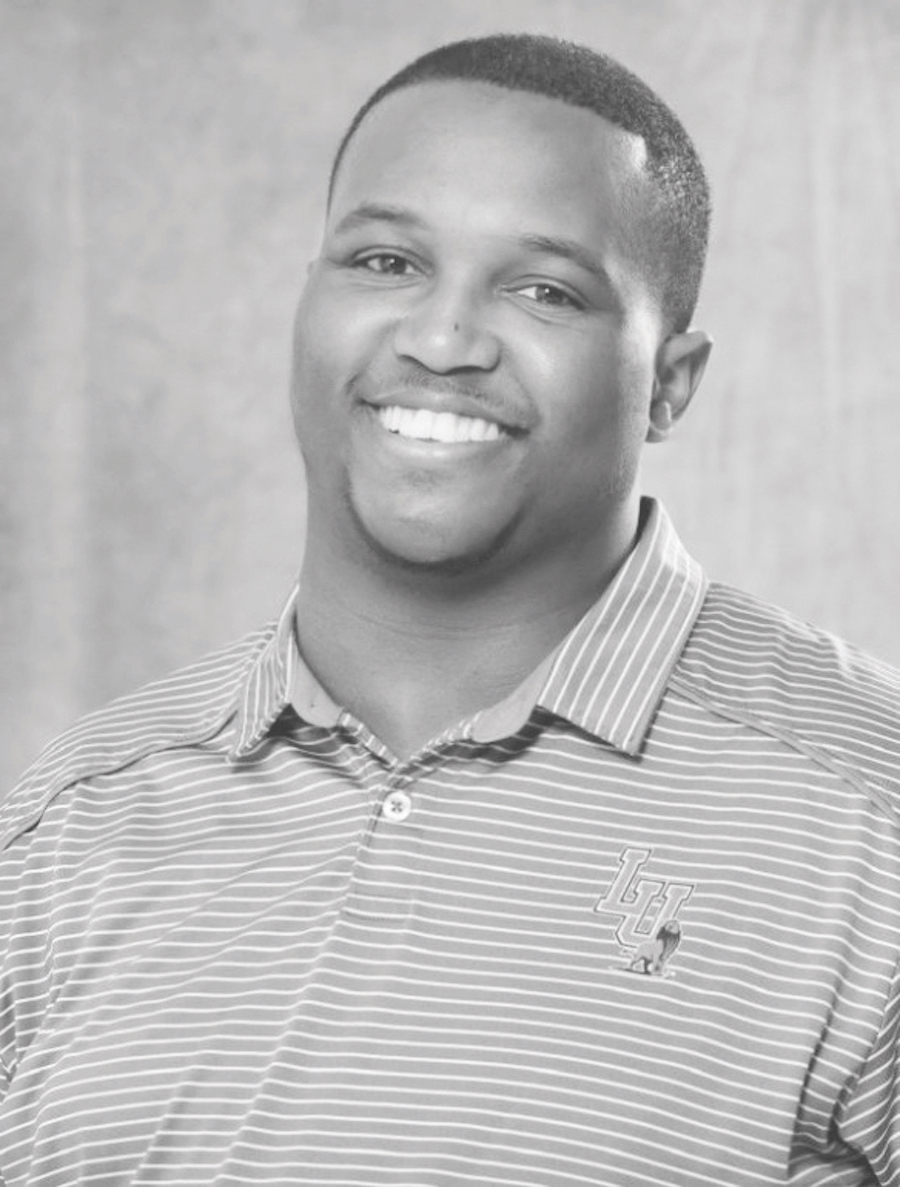
Equality and Fairness
Cory Young, journalism teacher at KIPP Tulsa University Prep High School and photographer
Dr. King was a visionary. Similar to his methods while he was alive, I feel he would attack the problems of today in a public, deliberate, and peaceful manner. He’d preach equality and fairness for all. Though peaceful, I feel some of his heroic battles would threaten offenders and could ultimately land him in jail and targeted, unjustly. I also feel he would use his platform to increase educational literacy and violence among black and brown communities and do so in an encouraging and uplifting manner. Ultimately, today, the world is in a better place than when Dr. King was here, but it’s still in a downward spiral. Similar to when Dr. King lived, I feel his goal would be to challenge the minds of people in high places, lower places, and to bring positive change.
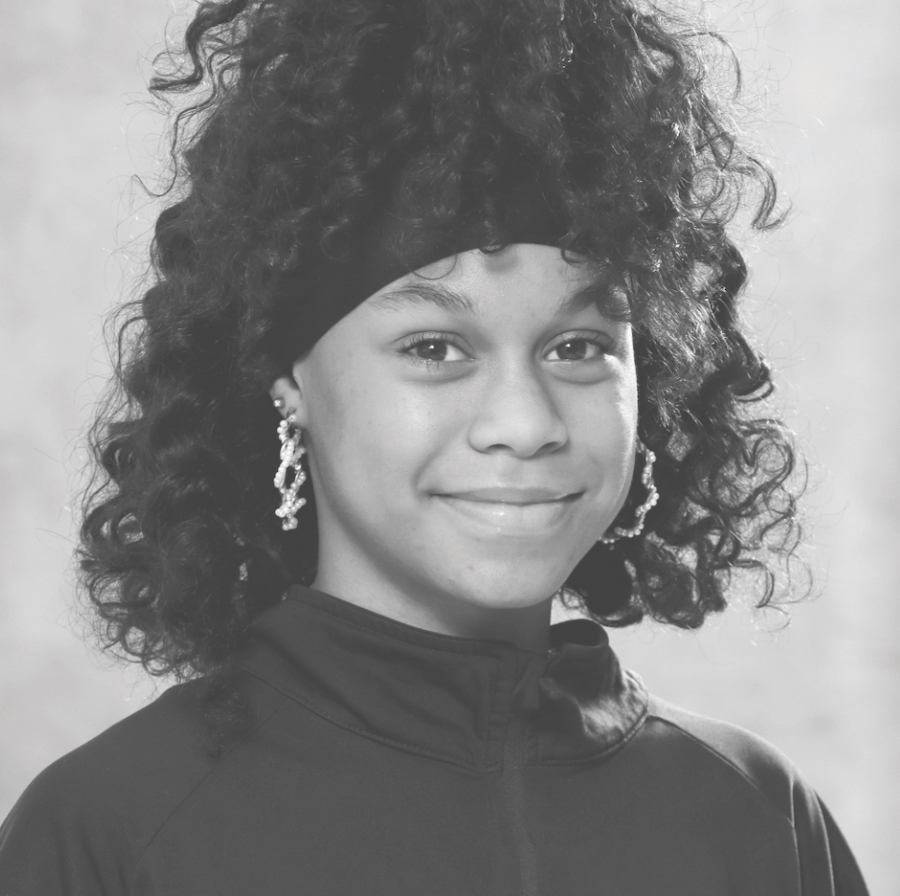
Empathy and Understanding
Khaleah Marzett, sophomore at KIPP Tulsa University Prep
If Martin Luther King Jr. were here today, I think he would want us to approach the challenges in Tulsa with empathy, understanding, and a commitment to justice. He would encourage us to listen to the voice of those affected, acknowledge the historical context, and work toward healing and reconciliation. Martin Luther King Jr. believed in the power of peaceful protest and nonviolent action, so he would likely advocate for peaceful dialogue and community engagement to address the specific challenges faced in Tulsa.
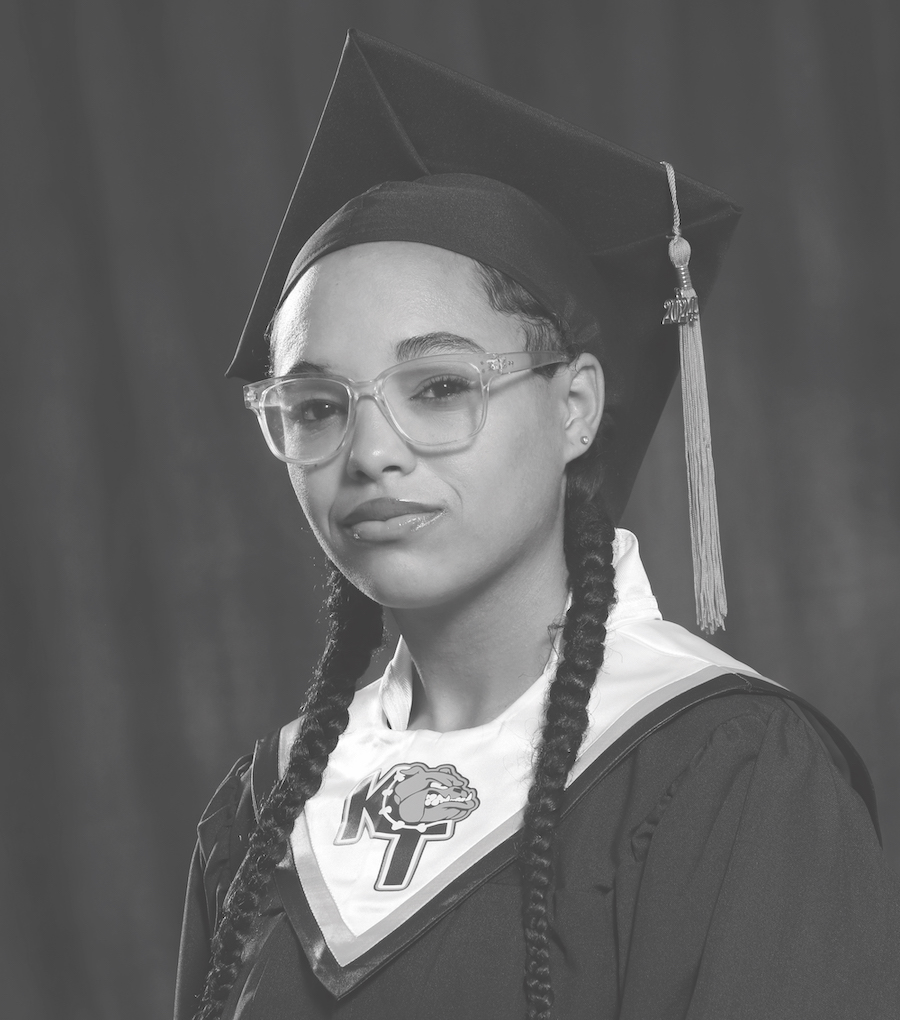
Embracing Diversity
Kallie Durham, senior at KIPP Tulsa University Prep High School
While we have come a long way since the Civil Rights Movement, and we have achieved many things that Martin Luther King Jr. and other activists fought for, we still have a long way to go. I feel like if Dr. King was here today, he would encourage us to tackle these challenges in Tulsa to work toward common goals despite our differences and unify our communities. In facing Tulsa’s specific issues, such as equal funding for predominantly black schools or addressing the attempts to gentrify Black neighborhoods, Dr. King would emphasize the importance of having discussions and to have empathy for one another to close the gaps that still exist between us. By embracing Tulsa’s diversity and advocating for a positive change within our community, we can honor Dr. King’s legacy.
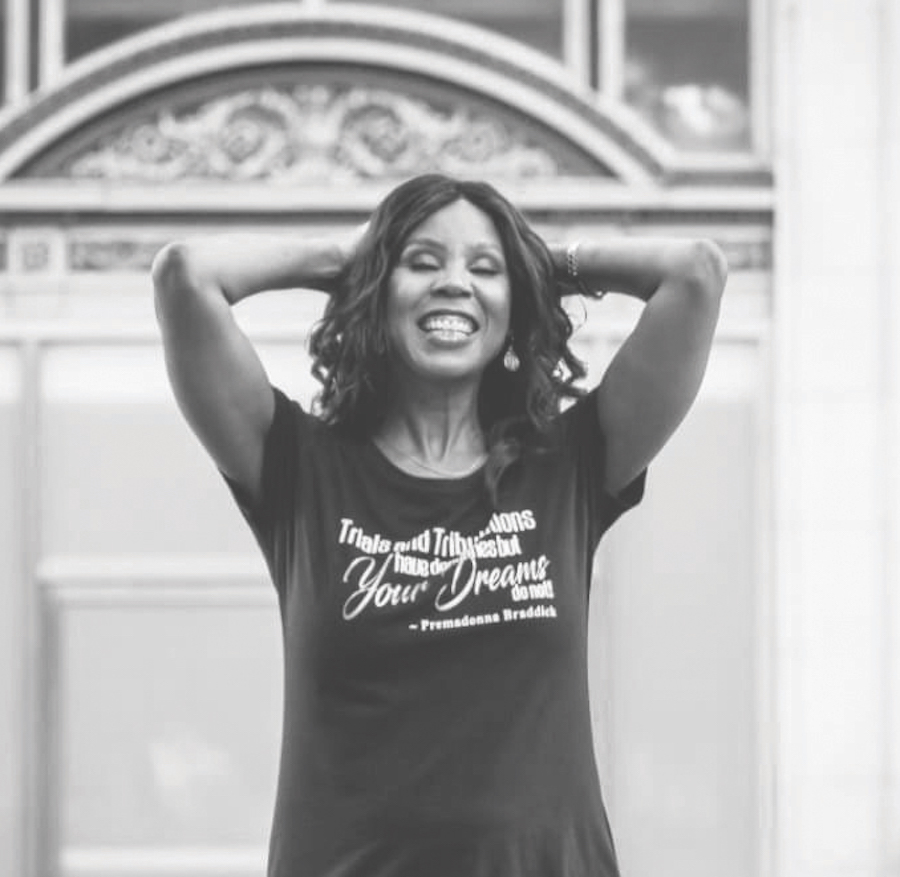
Addressing Emotional Pain
Premadonna Braddick, executive director at Soaring Eagles Youth and Family Services, and a therapist for marriages, families, and mental health based in north Tulsa
Members of the Black community are facing a lot of mental stress and emotional pain these days – as much if not more than in King’s Day. I think King understood that. And he pushed for changes which opened the space for the community to deal with that pain. The changes he helped bring about led to the beginnings of getting to a place of healing. That is exactly what he would want us to do today.
Part of that is acknowledging that in being part of that pain, whites were only doing what they were taught to do.
Another big part would be for people in Black families to take responsibility for the trauma that we may have inflicted on other family members. That, in turn, would help us stop an unhealthy pattern of relationships. This may not be the first thing people think of when they consider King’s legacy, but I think it was very much part of his teachings.
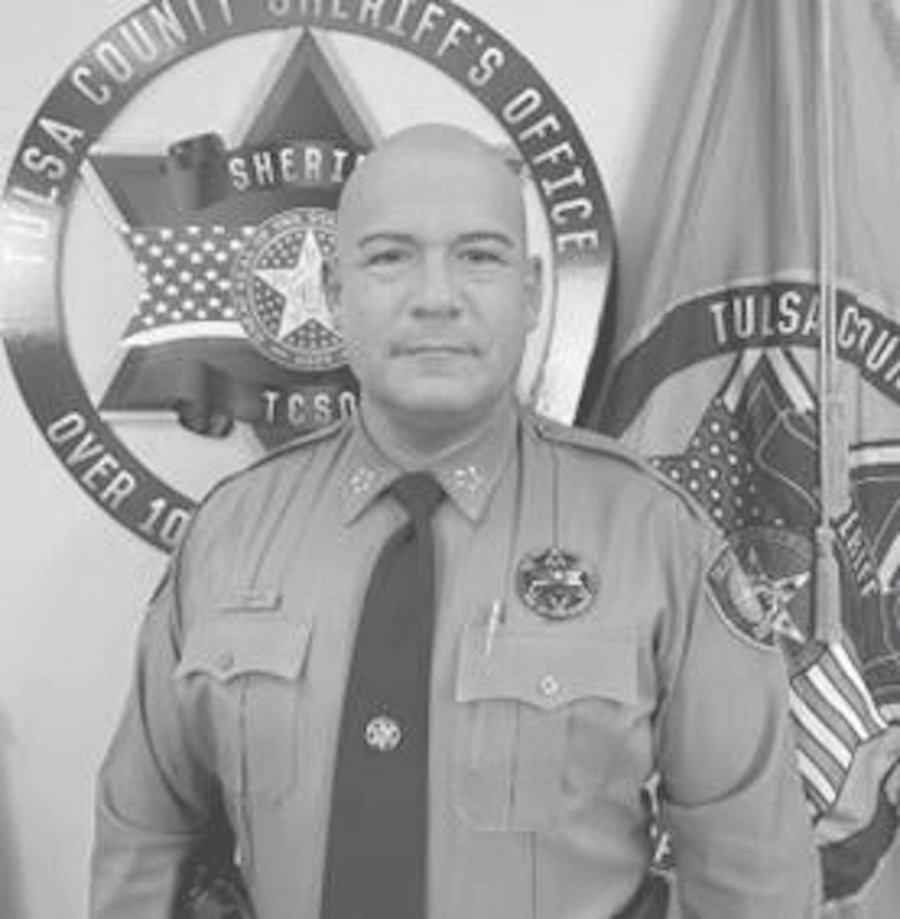
Finding Solutions
Vic Regalado, Tulsa County Sheriff
Dr. Martin Luther King Jr. was uniquely gifted at identifying the most important social problems we as a country and a community are facing and bringing people together to solve them.
That is very much what he would want us to do.
What’s interesting is that the problems that were most pressing in King’s Day are still very much the problems of today. I mean issues like social injustice, poverty, and public health. I pinpoint poverty as a particularly vital concern.
What King did was to work to bring together all the available constituencies and resources to find ways of addressing these problems. We should use his inspiration to do that also.
Something else that King brought was leadership. That meant that people from different walks of life followed him. We don’t have that so much these days. And we need it.
By working together, and using King as a model and inspiration, we can make a lot of progress.
TRUSTING NEWS INITIATIVE. As a valued reader, we sincerely believe that your insight and candid feedback will help strengthen our ability to publish news and information that engenders greater trust in the media. We encourage you to share your thoughts about this article by sending an email to trustingnews@theokeagle.com










